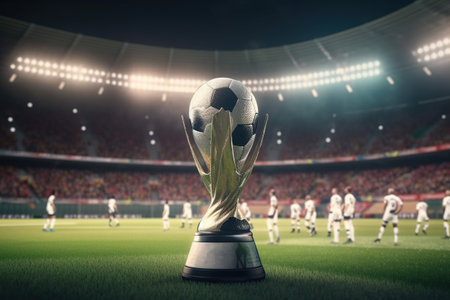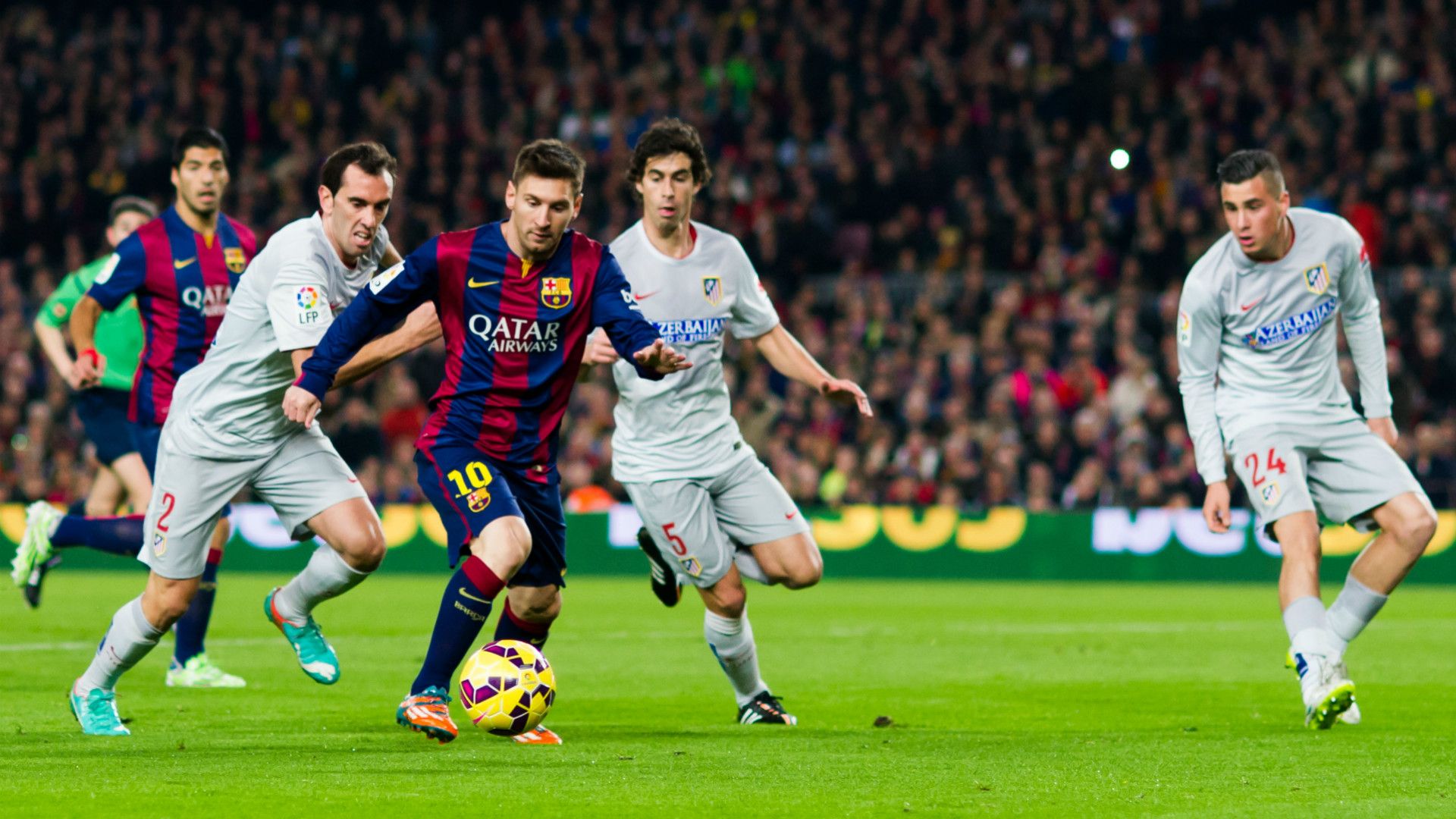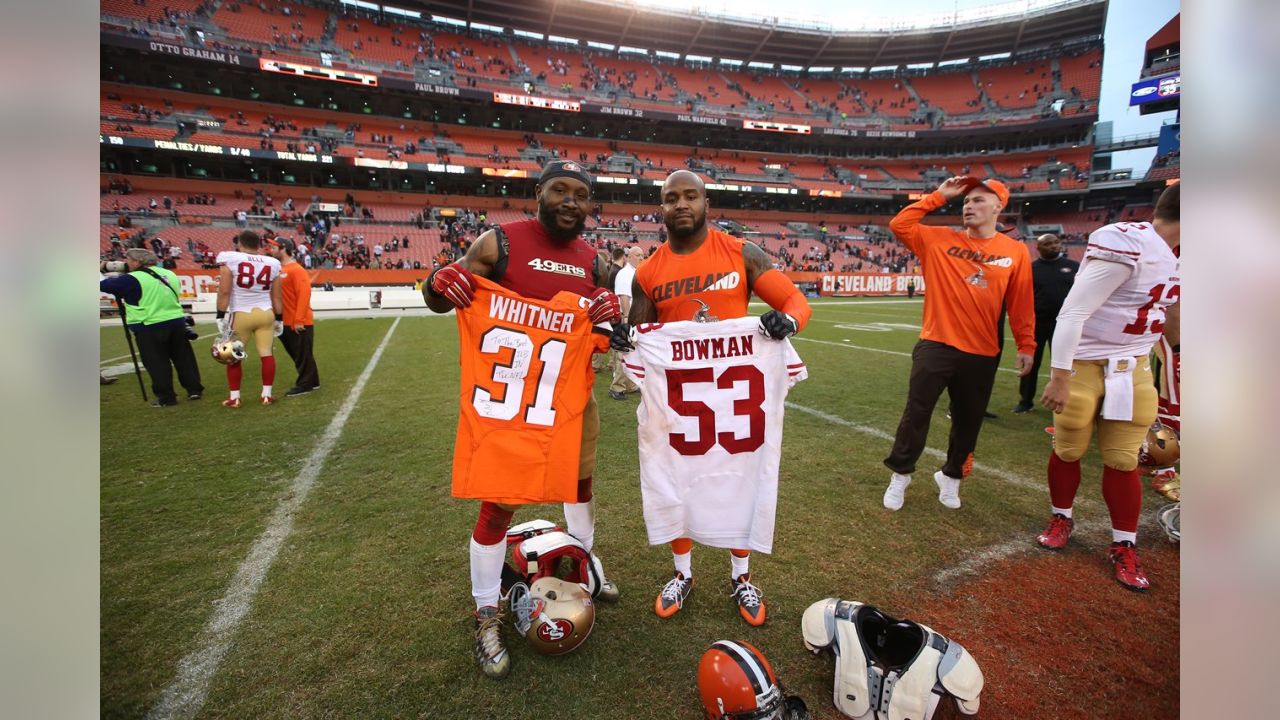The FIFA World Cup stands as the pinnacle of international soccer, captivating audiences across the globe every four years. This quadrennial extravaganza is much more than a mere sporting event; it’s a celebration of the beautiful game, a testament to the power of unity, and a showcase of skill, passion, and national pride. In this article, we delve into the rich history, the evolving dynamics, and the global impact of the FIFA World Cup, exploring why it continues to enchant millions of fans worldwide.

The Origins and Evolution
The inception of the FIFA World Cup dates back to 1930 when Uruguay hosted the inaugural tournament. With just 13 teams participating, it was a modest beginning compared to the grandeur of today’s 32-team spectacle. Over the years, the tournament has evolved, adapting to changing times and expanding to accommodate a growing number of footballing nations.
The evolution of the World Cup is not just in its structure but also in the way the game itself has transformed. From the iconic moments of Pele’s brilliance in the 1970s to the tactical brilliance of modern football, each edition reflects the evolution of the sport. The introduction of technologies like VAR (Video Assistant Referee) in recent tournaments has added a new layer of excitement and controversy, emphasizing the constant quest for fairness and accuracy.
Cultural Phenomenon
Beyond the realms of sports, the FIFA World Cup has become a cultural phenomenon, transcending geographical boundaries and linguistic barriers. The tournament has the power to unite nations, instill a sense of national pride, and foster a shared global experience. The jubilant celebrations in the streets of Rio de Janeiro, the fervent chants in the stadiums of Berlin, and the colorful displays in the markets of Marrakech all bear testimony to the tournament’s ability to bring people together.
The World Cup is not just about football; it’s about the stories that unfold both on and off the field. From underdog triumphs to heartbreaking defeats, each edition weaves a narrative that resonates with fans worldwide. The narratives extend beyond the sporting arena, often reflecting societal, political, and cultural dynamics of the time. The 1978 World Cup in Argentina, held under the shadow of a military dictatorship, and the 1998 edition in France, symbolizing multiculturalism and unity, are prime examples of the World Cup’s ability to mirror the world’s pulse.
Global Impact
Economically, the FIFA World Cup injects billions into the host country’s economy, creating jobs, boosting tourism, and enhancing infrastructure. The tournament’s ability to attract sponsors and broadcasters ensures a global reach, providing a platform for nations to showcase their culture and allure potential investors. However, the economic impact is not limited to the host nation; it resonates globally, influencing markets, consumer behavior, and investment trends.
On a social level, the World Cup acts as a catalyst for positive change. The tournament often leaves a lasting legacy, inspiring a new generation of footballers, promoting physical activity, and fostering a sense of community. The power of football to bring about social change was evident in South Africa during the 2010 World Cup, where the “Football for Hope” program used the sport as a tool for social development.
Challenges and Controversies
Despite its global appeal, the FIFA World Cup has not been immune to criticism and controversy. Issues such as corruption scandals, human rights concerns in host countries, and debates around the environmental impact of hosting the tournament have marred the event’s image. The bidding process for hosting rights has been particularly contentious, with allegations of bribery and unethical practices tarnishing the reputation of football’s governing body, FIFA.
Efforts to address these challenges, including reforms within FIFA and increased scrutiny on host countries, demonstrate the ongoing struggle to balance the tournament’s global appeal with ethical considerations. The controversies, however, underscore the importance of accountability and transparency in ensuring the integrity of the World Cup.
The Future of the FIFA World Cup
As the world evolves, so does football, and the FIFA World Cup must adapt to remain relevant. Discussions around expanding the tournament to include more teams, the potential for joint hosting, and the integration of new technologies will shape the future editions of the World Cup. The tournament’s ability to navigate these changes while preserving its essence as a celebration of football’s beauty will determine its continued success.

The FIFA World Cup is more than just a football tournament; it is a global phenomenon that transcends borders, cultures, and languages. From its humble beginnings in 1930, the tournament has grown into a spectacle that captivates the world, showcasing the best of football and the shared human experience. As we look to the future, the World Cup faces challenges and uncertainties, but its enduring magic lies in its ability to unite, inspire, and bring joy to millions around the globe. As fans eagerly await each edition, the FIFA World Cup remains a testament to the universal power of the beautiful game.





